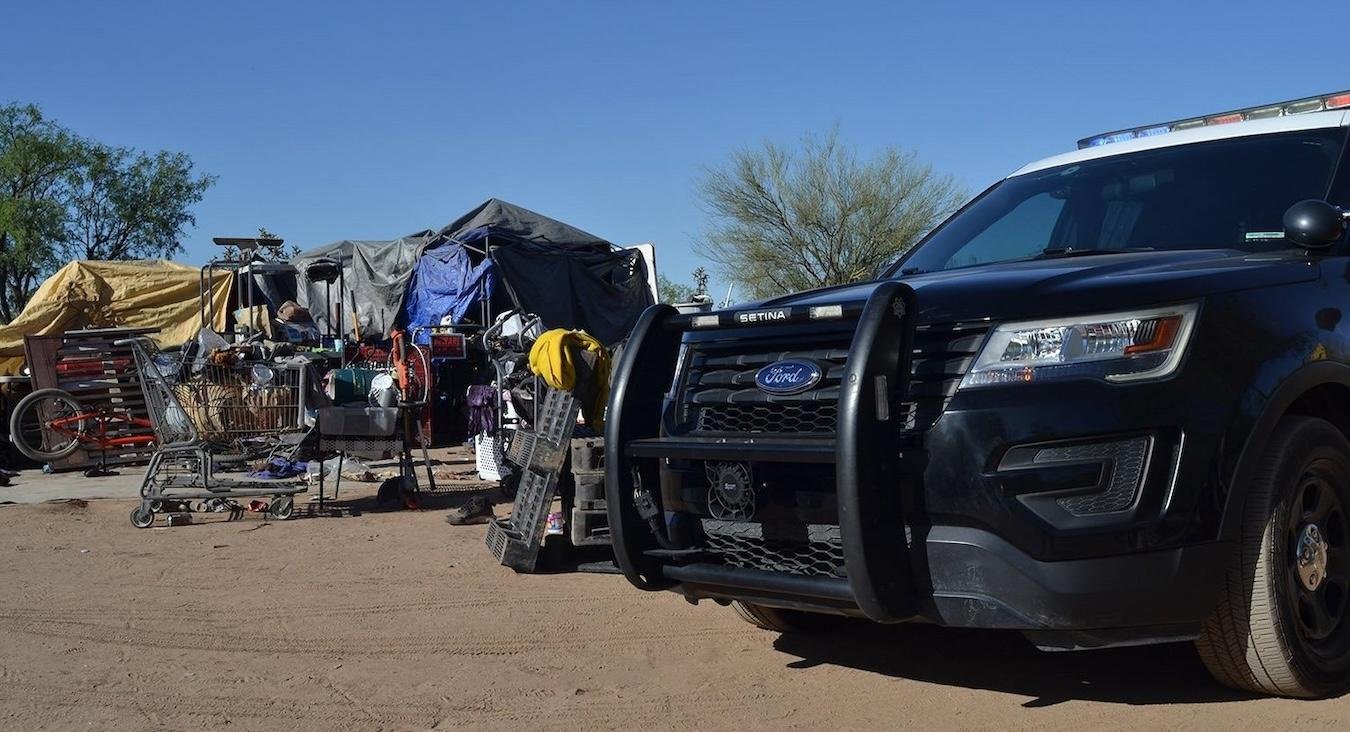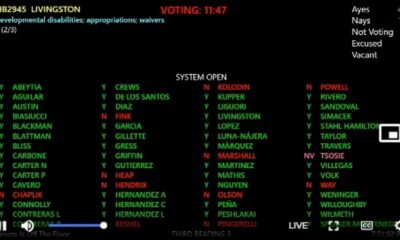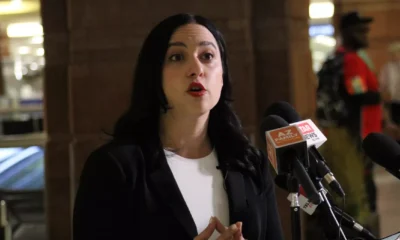Business
Cities Claim They Safeguard Possessions of the Homeless, Yet Returns Are Rarely Seen

This article highlights ongoing issues surrounding the treatment of homeless individuals in various U.S. cities, as evidenced by recent findings from ProPublica, an investigative newsroom. As urban centers ramp up efforts to clear encampments, the impact on individuals who experience homelessness runs deep.
Encampment removal operations, often referred to as sweeps, frequently involve the confiscation of personal belongings. In many instances, this includes essential items needed for survival. For instance, Stephenie, a homeless woman in Portland, Oregon, faced devastating losses when her purse, containing cash and food stamps, was taken during such a sweep. Rather than reclaiming her belongings, she was left with a vague card directing her to a city storage facility.
According to ProPublica, the aim of storage programs established in several cities is to safeguard individuals’ property rights. These initiatives emerged in response to lawsuits accusing cities of property violations. However, investigations reveal a troubling reality: belongings taken during sweeps are seldom returned to their rightful owners. In Portland, for example, only 4% of stored items were reclaimed over a recent year.
Comparative statistics from other cities paint a similar picture. In San Diego, only 19 belongings were documented as stored following over 3,000 encampment removals this year. Seattle fared slightly better with a 5.5% reclamation rate from nearly 1,000 cleared sites. Many individuals interviewed noted their belongings often vanished in the chaos, complicating efforts to recover basic necessities.
Officials in these cities defend their encampment practices, asserting they aim to balance public health and the rights of homeless individuals. However, the effectiveness of communication and follow-through on storage programs remains questionable. Many affected individuals report challenges in navigating the retrieval process due to lack of transportation, limited phone access, or safe means of transporting retrieved belongings.
Reports continue to surface about cities disregarding the very policies established to protect homeless residents. For example, Phoenix faced scrutiny after local advocacy groups alleged it engaged in practices that destroyed property without notice. Although the city began storing belongings in May after a legal mandate, there remains skepticism over the actual implementation of these policies.
Critics, including advocates and sociologists, assert that the current storage protocols represent little more than an illusion of compassion. Barbara DiPietro, a senior director with the National Health Care for the Homeless Council, remarked that the burden placed on homeless individuals during these clearings often leads to profound emotional distress and the loss of vital property. “The loss of property was the harshest punishment many people felt they could face on the street,” noted Chris Herring, a sociology professor.
Looking ahead, experts suggest that reforms to these systems must prioritize the unique challenges homeless individuals face. Improving communication, logistics, and empathy in the application of storage policies could significantly alleviate the trauma associated with encampment removals. Meanwhile, for many like Stephenie, the struggle continues, trapping them in a cycle of homelessness that is hard to escape.


















